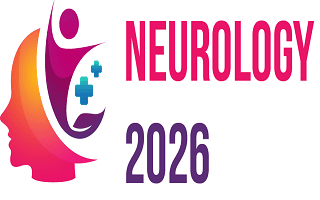4th International Conference on
Neurology & Neurological Disorders
October 15-16, 2026 | Paris, France

Paris, France
Epilepsy
Epilepsy
Epilepsy is a neurological disorder characterized by recurrent and unpredictable seizures, which are episodes of abnormal electrical activity in the brain. These seizures can manifest in various ways, from momentary lapses of attention or muscle jerks to severe and prolonged convulsions. The causes of epilepsy can be diverse, including genetic factors, brain injuries, infections, and structural abnormalities in the brain. Medication is a common and effective treatment approach for managing epilepsy. Antiepileptic drugs, also known as anti-seizure medications, are prescribed to help control and prevent seizures. AEDs may have side effects. Common side effects include drowsiness, dizziness, weight gain or loss, and mood changes.
- Neurophysiological Mechanisms of Epilepsy
- Genetic Contributions
- Pharmacological Treatment
- Adverse Effects of Antiepileptic Drugs
- Emerging Therapies and Future Directions
